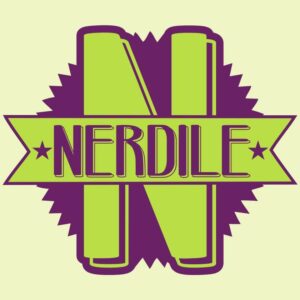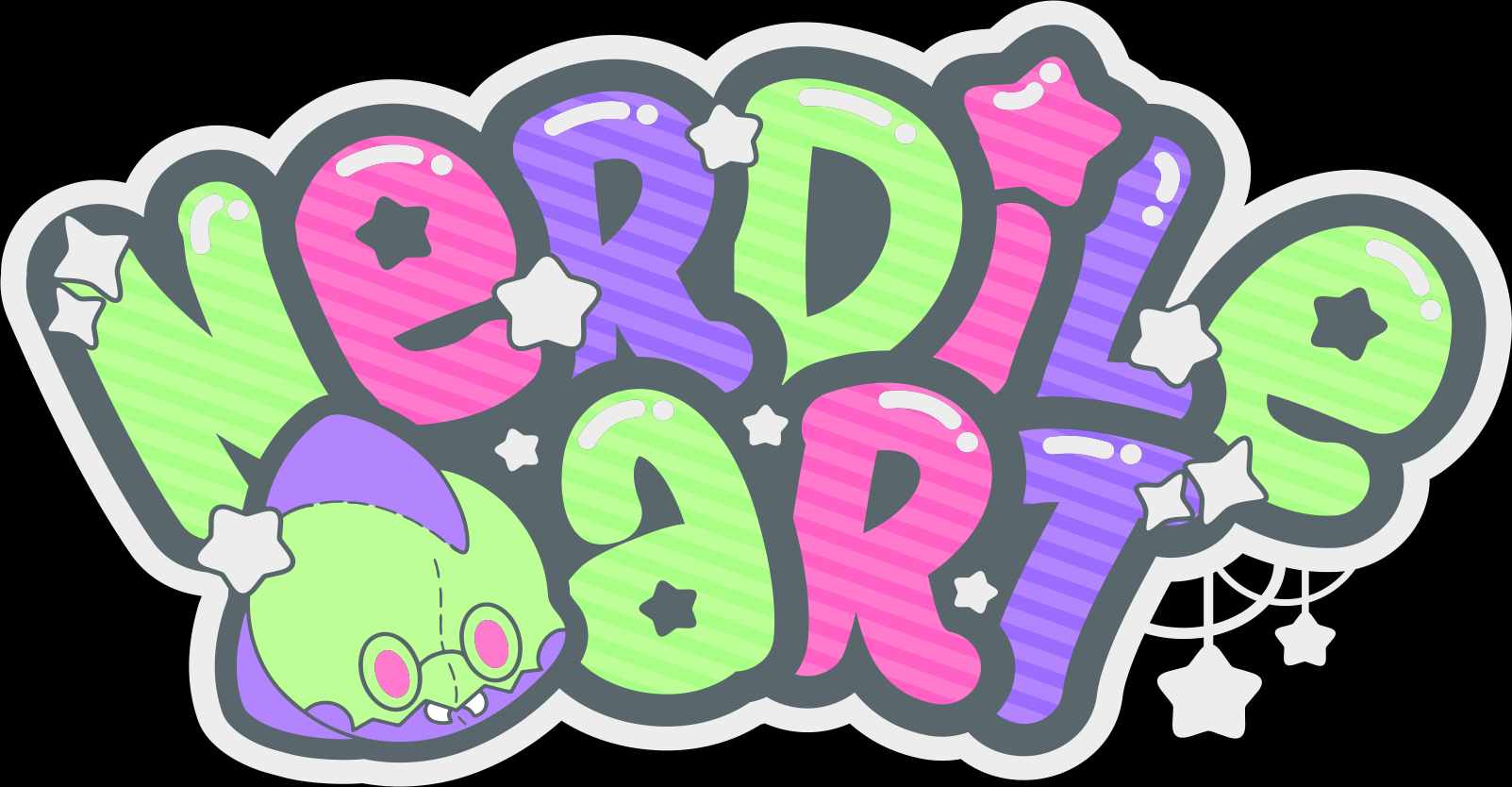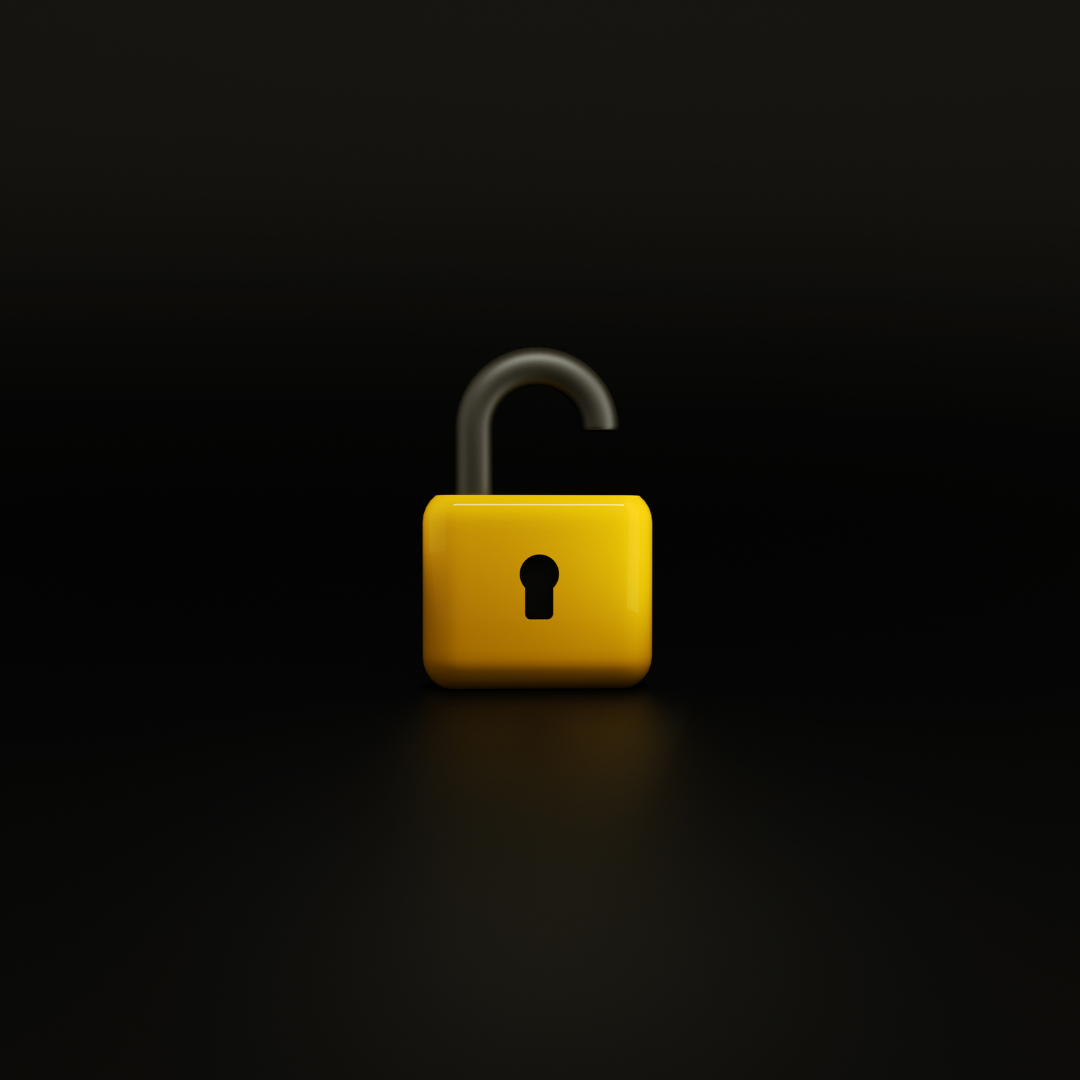When you don’t own your domain, Ex: Nerdile vs. Nerdile Art
When Winnie and her husband Josh decided to take their passion for art and hand-crafted plush and turn it into a business, they had everything planned out, and they branded their business under the name Nerdile. They took the time to research suppliers to ensure their key chains, charms, and prints maintained their high expectations for quality. They built up stock and planned for the convention circuit and a handful of craft shows. They spent meticulous hours crafting their brand and social media image via Instagram and Facebook. They did not, however, own their domain.

As Nerdile, they used a free web service to host a small shop but did not own their domain. But when their business grew, they discovered another business had purchased the domain “Nerdile.com.” Despite being in different fields, a nerd-themed blog vs. Winnie and Josh’s art, this caused confusion within their audience and led to Winnie and Josh deciding to rebrand the business they built as NerdileArt(www.nerdile.art) instead of just Nerdile.

Because they did not own their domain, they incurred costs from new business cards, a higher fee for a (dot)art extension versus a (dot)com extension, and additional rebranding time. While Winnie, Josh, and Nerdile Art are all back on track (and growing!), they all agree that they wish they had secured and purchased their own domain while building both their business and digital space, as it would have saved time, money, and peace of mind.
Are you ready to craft your own digital space? Make sure to avoid these 5 mistakes!
What Does Domain Ownership Mean?
So, what is a domain name? Domain names are a part of the URL (Uniform Resource Locator) that directs users to any part of the internet. They are a language-friendly way of sending users to specific websites, portfolios, and more across the internet. Domain names consist of two parts: a name and an extension. For example, on our site, the name would be “renegades,” and the extension would be “(dot)digital.”

The name part can be left to your imagination when creating a complete domain name, and you can choose from any number of extensions based on business needs. The most commonly known are (dot)com, (dot)gov, and (dot)org, but so many more options are out there. Remember multiple extensions that may help grow your business when buying a domain name, as numerous domain names can be purchased to lead back to a single site or portfolio.
You have more control over your digital space online when you own your domain name.
Why Is It Bad Not to Own Your Domain?
When you rely on other web sources and do not own your domain, you open yourself and your business up to several pitfalls.
Not owning your domain can:
- Cause Lack of Control in Your Digital Space
- Domain names often play off of brand recognition. Owning your domain can give your business additional authenticity as well as build trust with your audience
- Open Yourself and Your Business Up to Additional Security Risks
- When you rely on a Domain provided by another service, you often rely on others to handle sensitive information. This can open up additional security risks, with your information going through additional channels.
- Cause Business Continuity Issues
- Should there be an interruption or cancellation with your hosting provider, you may lose access to your site, which could damage trust with your customers and cause lost profit opportunities.
Real-world Scenarios Gone Wrong
Example 1
Chandler does not own the domain name for their business. They have been making custom clothing for a year, and orders are coming in thanks to their newest video going viral on TikTok. However, as it turns out, the competition has noticed and purchased a domain that includes Chandler’s business name in the URL. Because Chandler has not secured their digital space, consumers are purchasing sub-par products from the competition, causing Chandler to lose sales and profits and damaging the reputation they have crafted for their business.
Example 2
Heather A. has been working on her art portfolio throughout her Master of Fine Arts program and is applying to animation studios. She sent out her CV, complete with a portfolio website that came with a hosting service. Unfortunately, Heather forgot to renew her hosting service. Since she did not own her domain, it was purchased by an outside company that is using it for its own purposes. Heather’s portfolio is no longer accessible to prospective employers. Since all of her CVs went out with the now-lost domain, Heather will either have to reapply for these same jobs or reach out to a broker to see if she can gain access to the domain name again, this time with a premium price tag.
An additional note: There is a precedent for legal steps in cases like these examples. If you own a copyright or trademark, you can take steps to file a trademark infringement lawsuit and take the offending registrant to court. While this is an option, and if successful, the domain and any damages may revert to you, it also involves a hefty price tag of court fees and extended time. More information is available here.
What Can You Do About It? (Steps to Aquire Your Domain)
- Step One: Check who owns your domain.
- You can use the database tool at whois.com to see if a specific domain name is available.
- Step Two: If the domain name is unavailable, check who owns it.
- Contact info is legally required when purchasing a domain and can be found using lookup.icann.org.
- Step Three: Reach out to start negotiations.
- Many web providers offer additional security for their clients and may act as a proxy for communication.
- Step Four: Negotiations.
- These may happen with domain owners directly or via a domain broker. A domain broker is someone who buys and sells domain names on behalf of someone else. Often, they assist buyers and sellers in connecting and finding a fair price for all parties.
- Step Five: It is time to purchase!
- When purchasing a domain through negotiations or via a domain broker, buying using an escrow service is highly recommended. This ensures that there is a third party to hold everyone involved accountable and can help avoid scams. Be aware that should a party offer to sell a domain but refuse to use an escrow service, that can indicate such a scam.
- Step Six: Time to transfer!
- All that is left is for the original owner to transfer the domain name to the new owner. This can be done through the original domain registrar, and steps may vary.
Now that you own your domain, it is time to build your digital presence. Check out our tips here!
What Is It Going to Cost You?
Many factors determine the cost of a domain. Popular extensions such as (dot)com and (dot)net tend to cost more. Spelling and length can also affect the overall cost. Generally, domain names cost between $10 and $50 per year when you purchase them directly through popular providers such as WordPress.com, godaddy.com, or squarespace.com.
However, costs can quickly climb when you don’t own your domain outright and need to purchase from a third party or individual that owns the domain you are looking for. Some people even make it a part of their business plan to buy domains at a lower cost and sell them at a higher price and profit margin.
According to recent research, escrow costs for purchasing a domain name can add an additional 3.25% overall cost (minimum $10) and a concierge fee of 6.5% (minimum $100). Domain broker minimum services costs can vary, though they often come with an additional 10%-20% commission rate.
Conclusion
Owning your own domain name is essential for any business looking to interact in the digital space. It helps drive awareness and traffic to your business while building legitimacy and trust with current and future clients. The costs of not owning your own domain name far outweigh the initial price tag. Not owning your domain name can lead to a lack of control of your digital brand, added security risks, and business continuity issues that can hurt your brand and your bottom line. We highly suggest protecting your business and utilizing the resources below to check who owns your domain. You will thank yourself.
As always, we strive to be a resource for you to take your business to the next level of success at Digital Renegades. Reach out for your free consultation, and we will be happy to answer any of your questions about domain ownership, digital solutions, and more.
Follow us on socials for our Part 2 update, coming soon!
Additional Resources
Check Domain Ownership
Legal Resources
- https://www.escrow.com/domains
- https://sedo.com/us/know-how-support/domain-law/
- https://www.safenames.net/brand-protection/legal-services
Recent Articles
Schedule a Call
Not sure if Digital Renegades is the right fit for your project? Schedule a consultation with our team and we'll help.



